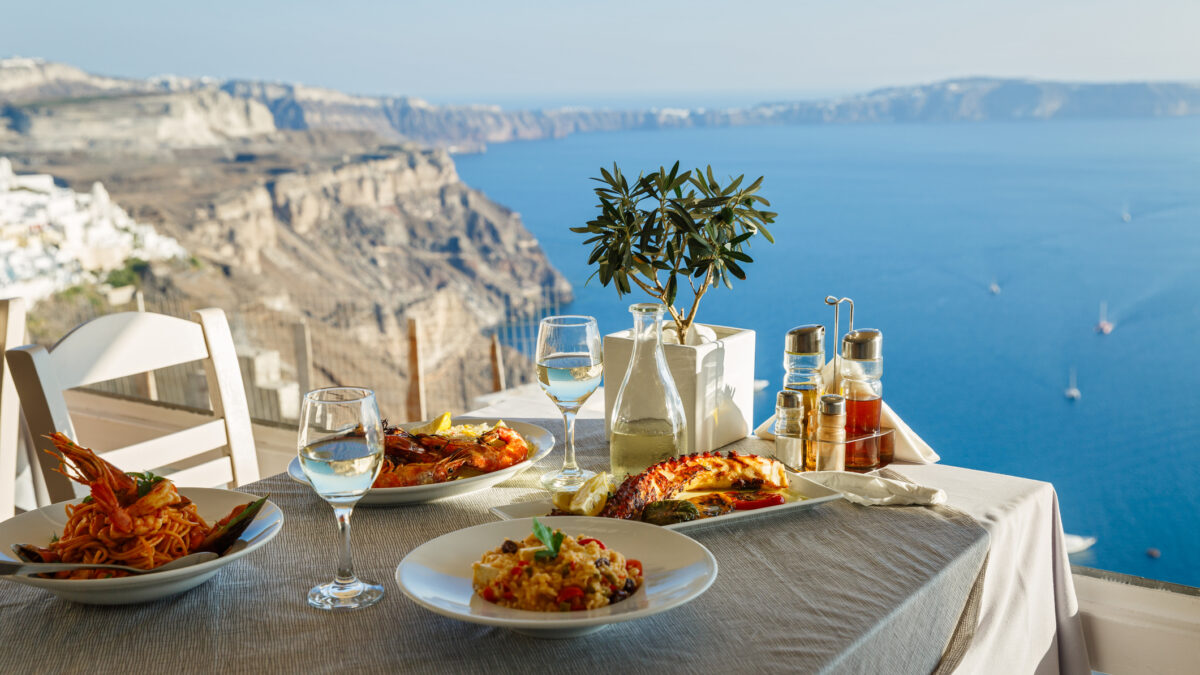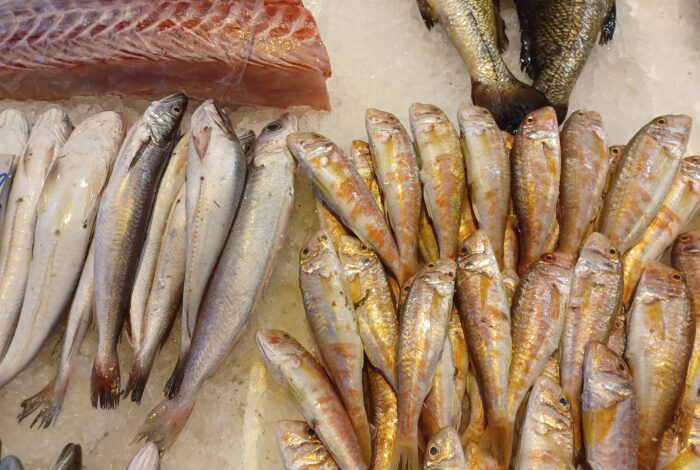The Cycladic diet has been shaped by the archipelago’s traditions and climate, and the local products offered by the unique combination of mountainous and island environment. However, the Catholic Church – with its strong religious presence and influence in the region – has played a significant role over the years in shaping dietary habits in the Cyclades.
The Cyclades are closely associated with the bounty of the sea, and the locals follow a dietary model that revolves around fish, seafood, legumes and vegetables. This is also in keeping with the instructions of the Catholic Church, which encourages abstention from meat and dairy during periods of fasting.
Catholic fasting rules are generally more lenient than those of the Greek Orthodox Church. In Catholicism, Lent begins on Ash Wednesday and lasts 40 or 46 days. For them, it is a period of self-denial, reflection, and renewal.
The faithful abstain from meat on Ash Wednesday and Good Friday, as well as on every Friday throughout the period; at the same time, they reduce the quantity they consume, eating one main meal and two smaller ones every day. Nevertheless, fish and all other products, such as eggs and dairy, are permitted. Throughout the fast, Catholics usually abstain from things which they enjoy and often choose to eat less. Their goal is to approach God and dedicate significantly more time to prayer. The fast usually ends with a lavish feast on Easter Sunday.
Although Catholic religious practices have influenced the people of the Cycladic islands, their diet differs in the variety and character of the food they consume. In the Cyclades, food carries a strong social dimension, often linked to festivals and local celebrations. Meals featuring goat and sheep meat are occasions for gathering, sharing, and entertainment. In contrast, fasting in the Catholic Church has a spiritual focus, intended to strengthen religious faith and self-discipline.
Today, the Cycladic diet remains rooted in traditional values, with local foods and fresh ingredients playing a central role. The Catholic Church’s influence on Cycladic cuisine may not always be evident, but it is felt especially during periods of fasting, when the locals abstain from meat and dairy in favour of plant-based dishes, or fish with olive oil and vegetables in tomato sauce. After all, Cycladic cuisine is known for its variety, both of ingredients and of recipes. Today, the return to these traditional practices coincides with a renewed focus on healthy and natural eating.










